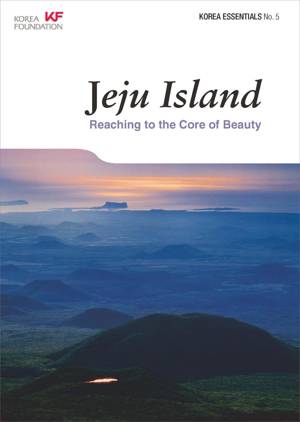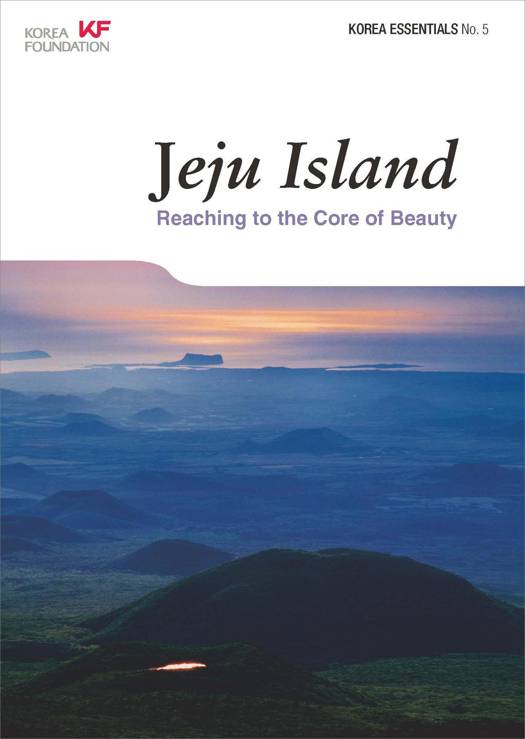
- Retrait gratuit dans votre magasin Club
- 7.000.000 titres dans notre catalogue
- Payer en toute sécurité
- Toujours un magasin près de chez vous
- Retrait gratuit dans votre magasin Club
- 7.000.0000 titres dans notre catalogue
- Payer en toute sécurité
- Toujours un magasin près de chez vous
Description
Korea's largest island, Jeju forms a roughly oval shape stretching 75 kilometers from east to west and 41kilometers, at its widest, from north to south. It is located off the southernmost coast of Korea, lying between China and Japan. The four seasons are distinct, though the climate is mild. The temperature rarely falls below freezing in winter, except at the summit of Mt. Halla.
Now the recipient of UNESCO designation in three categories of natural science, and a finalist in the international New 7 Wonders of Nature campaign, Jeju is also renowned for its ecology. Forged by volcanic activity, the island has a wealth of natural phenomena and a 5,000-year history of human civilization in harmony with nature.
"There is a certain melancholy about the island. We don't know where it comes from, but the feeling holds you. Perhaps it's the wind, and the grayish green tint that impregnates everything, the rocks, the tree trunks, the springs and even the sea. In Jeju, that feeling is even stronger than usual. You're at the edge of the world, as they say. At the door between the infiniteness of the Pacific Ocean and the vastness of the most extensive and populous continent on the planet. A door or a mural."
Spécifications
Parties prenantes
- Auteur(s) :
- Editeur:
Contenu
- Langue:
- Anglais
- Collection :
Caractéristiques
- EAN:
- 9781624120381
- Date de parution :
- 19-07-15
- Format:
- Ebook
- Protection digitale:
- /
- Format numérique:
- ePub

Les avis
Nous publions uniquement les avis qui respectent les conditions requises. Consultez nos conditions pour les avis.






